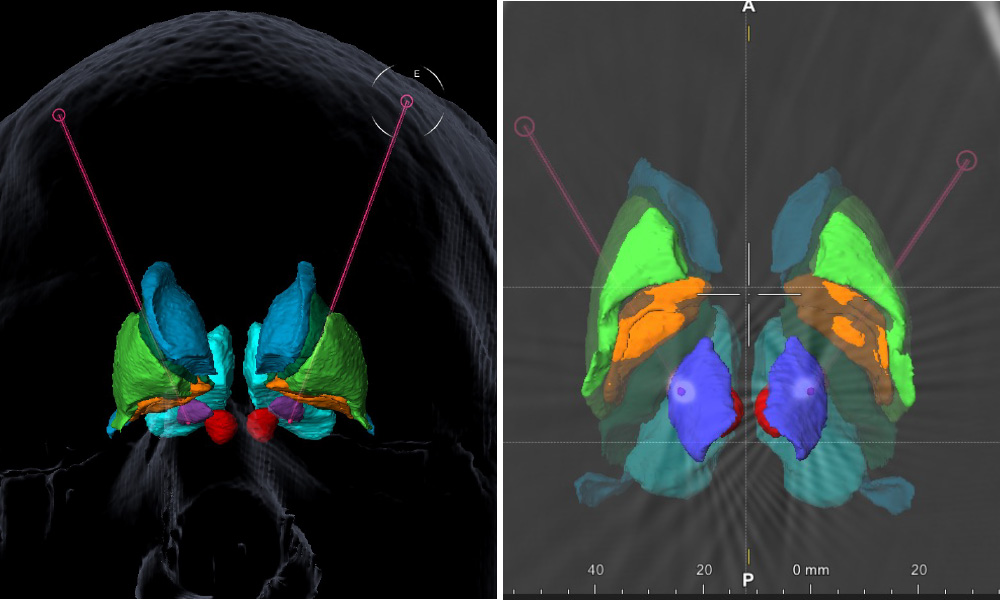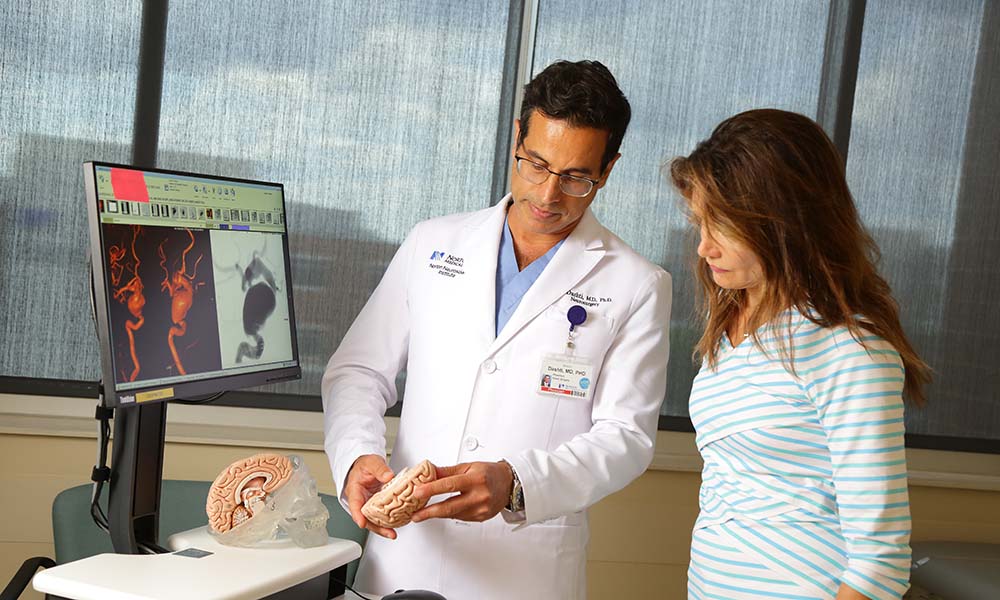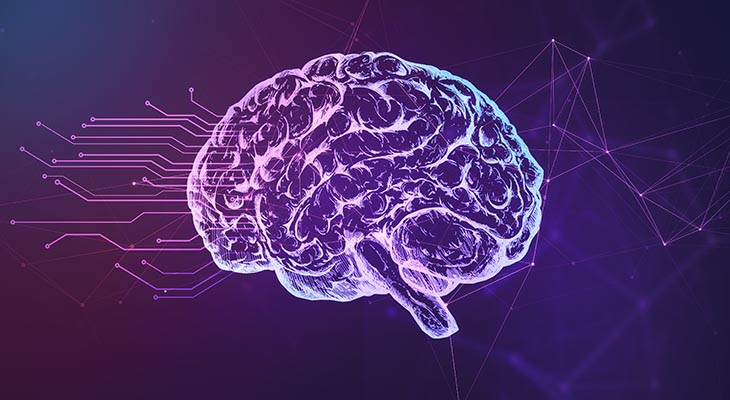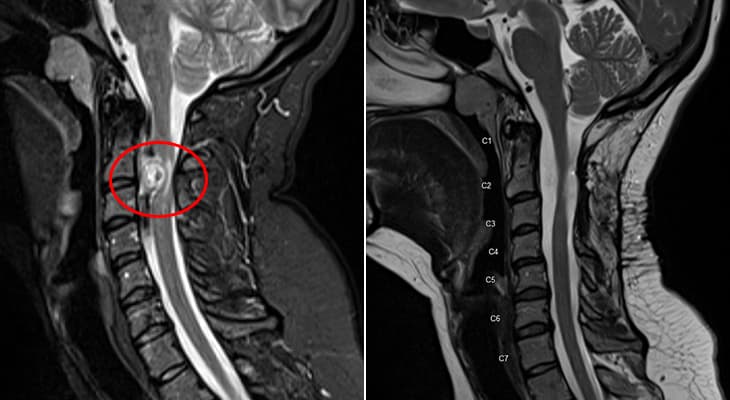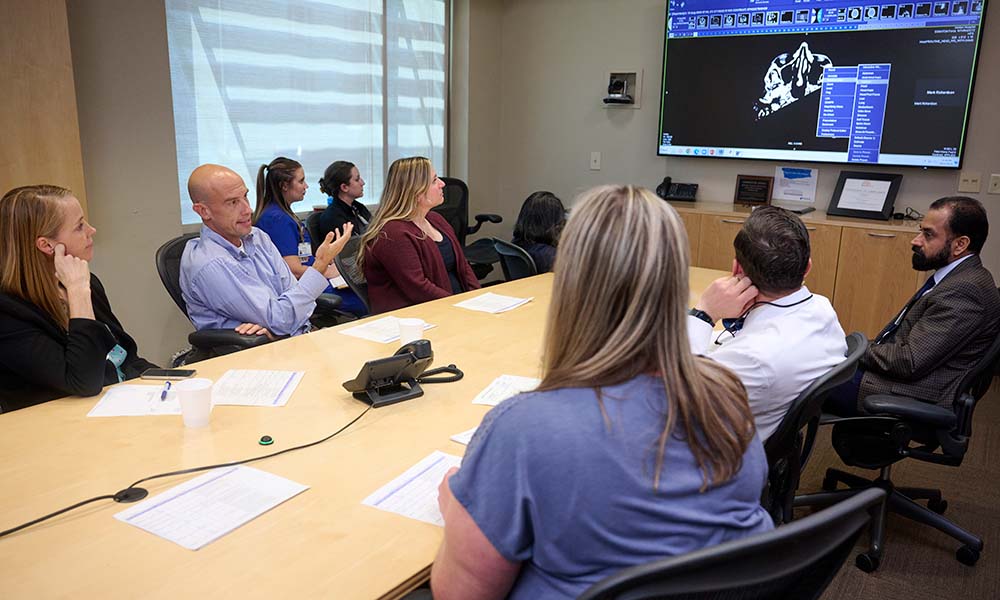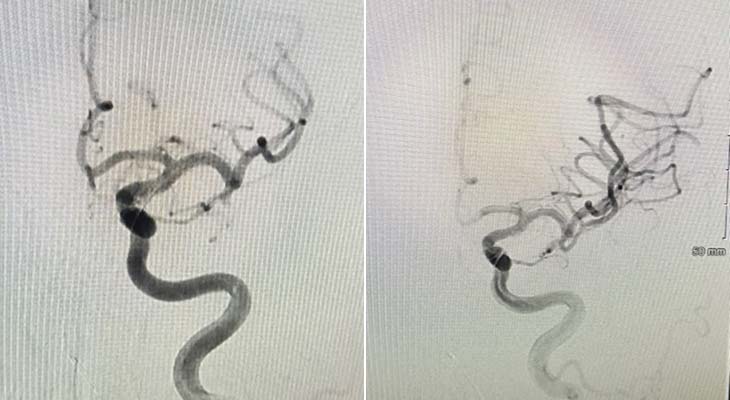Keeping up with treatment and exams can postpone an MS relapse
Monitoring multiple sclerosis (MS) for treatment options through regular visits to an MS specialist can postpone relapses and improve quality of life. “MS is a complicated disease that affects each patient differently. By seeing patients [...]
View moreHigher precision in deep brain stimulation for Parkinson’s disease
The patient A 63-year-old woman was diagnosed with Parkinson’s disease eight years earlier, after developing stiffness of the right arm and leg while undergoing treatment for breast cancer. She then developed tremor of the right [...]
View moreMental health and provider considerations when treating multiple sclerosis
As mental health disorders can be one of the “invisible” symptoms of multiple sclerosis (MS), mental health care can be a part of routine MS care through the regular use of screening tools and an [...]
View moreNormal cognitive aging or dementia? Know the signs and when to refer
Distinguishing normal aging from early dementia can be difficult, but there are clues that can help. Neurologist Gregory E. Cooper, M.D., Ph.D., chief of adult neurology and director of the Norton Neuroscience Institute Memory Center, [...]
View moreEmergency medical services observational experience for stroke care
Norton Healthcare is offering a professional, structured observation program for flight nurses, paramedics, EMTs and first responders to enhance their knowledge of stroke and learn about state-of-the-art treatment and interventions. Recognizing the key role of […]
View moreBevacizumab shown to reduce radiation necrosis in clinical trial
Clinical challenge Radiation necrosis of the brain causes debilitating headaches, recurrent seizures, focal neurological deficits and subcortical neurocognitive slowing. Radiation necrosis occurs in about a fifth of patients who receive stereotactic radiation therapy (SRT) or [...]
View moreSurgical intervention is an effective treatment for stroke
A stroke occurs when blood flow to the brain is disrupted, either when a blood vessel is blocked (an ischemic stroke) or when a blood vessel bursts (hemorrhagic stroke). The brain uses constant blood flow […]
View moreSpinal tumor case study: Mass blocked 90% of canal
The patient A 27-year-old female presented with five months of progressive quadriparesis and paresthesias affecting both upper and lower extremities. She initially presented to her primary care provider five months prior, while eight months pregnant, […]
View moreNew surgeons allow multidisciplinary head and neck tumor care from diagnosis through follow-up
With the addition of a pair of surgeons, Norton Cancer Institute Head and Neck Tumor Program is now a fully integrated multidisciplinary team caring for patients from diagnosis through treatment to follow-up. Paul A. Tennant, […]
View moreMechanical thrombectomy for middle cerebral artery stroke leads to discharge 2 days later with NIH Stroke Scale score of 0
Incident details: Date: 4/26/2022 Patient: Male Age: 66 Arrival to emergency department:11 a.m. Tom L. Yao, M.D., endovascular neurosurgeon, Norton Neuroscience Institute Nadeem A. Talpur, M.D. stroke neurologist, Norton Neuroscience Institute Richard […]
View moreDementia care for communities of color
Dementia is an umbrella term that includes a range of symptoms associated with cognitive decline. Perhaps one of the best known and most common types — Alzheimer’s dementia — represents 60% to 80% of all […]
View moreThe window of stroke care
Time saved is brain saved when it comes to stroke care. “Stroke is one of the leading causes of death in the U.S,” said Shervin R. Dashti, M.D., Ph.D., endovascular neurosurgeon and spine surgeon at […]
View more
